ASCENDS Team
We currently have open positions for PhD and Postdoctoral research positions. Prospective graduate students are encouraged to apply through the university for their application to be reviewed. Admitted students are requested to contact us directly.
Principal Investigator

Dr. Veena Misra
Misra is the Co-Director of the NSF Center for Advanced Self-Powered Systems of Integrated Sensors and Technologies (ASSIST). She received her Bachelor’s, Master’s, and Ph.D. from NC State University in electrical engineering in 1991, 1992, and 1995, respectively. After working at the Advanced Products Research and Development Laboratories, Motorola Inc. in Austin, TX, she joined the North Carolina State University faculty in 1998.
She has authored or co-authored over 150 papers in the areas of state-of-the-art low-power CMOS devices, power devices, alternative high-mobility substrates, nanoscale magnetics, and energy harvesting. Misra received the 2001 NSF CAREER Award, the 2011 Alcoa Foundation Engineering Research Achievement award, and most recently the 2022 Holladay Medal for Excellence. She was also named to serve on the Microsystems Exploratory Council for Defense Advanced Research Projects Agency in 2022.
In 2024, Dean Jim Pfaendtner named her as the tenth Department Head for Electrical and Computer Engineering at NC State.
Co-Principal Investigator
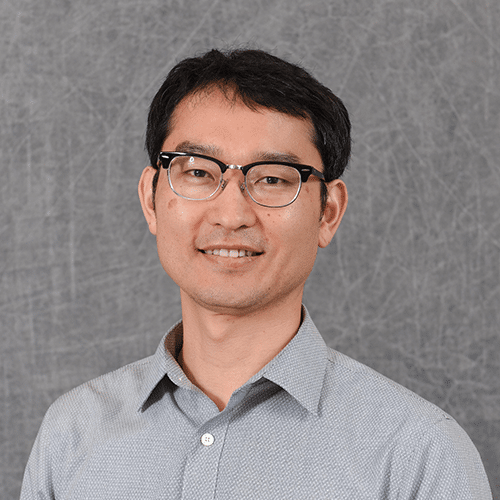
Dr. Bongmook Lee
Dr. Lee’s research interests cover the broad area of device design, materials, fabrication, and characterization with the current focus on wide bandgap SiC, GaN, and Ga2O3 power devices, wide bandgap power integrated circuits, micro/nanoelectronic devices, wearable systems, and advanced semiconductor materials.
His H-index is currently 17 and his I-10 index, publications with 10 or more citations, is 30 with 1330 citations for all years. (42 peer-reviewed journals, 41 peer-reviewed conference proceedings, 37 conference abstracts/poster/talks, and 10 invention disclosures/3 provisional patents/2 patent)
Research Assistant Professor
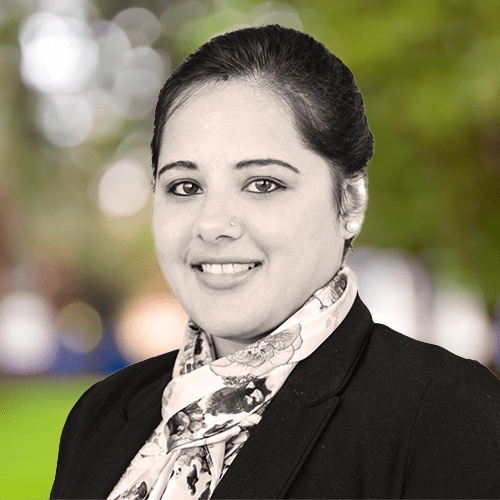
Dr. Neha Chaturvedi
Dr. Neha Chaturvedi’s research focuses on advanced deposition techniques for fabricating high-
efficiency organic bulk heterojunction (BHJ) solar cells. Her work encompasses both lab-scale
methods, such as spin coating, and industrial-scale approaches, including spray coating, slot-die
coating, wire bar coating, and doctor blade coating, to develop high-efficiency large-area solar
cells. She possesses extensive expertise in a variety of active layer and electrode materials, as
well as in the characterization techniques critical for optimizing the performance of organic BHJ
solar cells. Dr. Chaturvedi earned her Ph.D. from the Indian Institute of Technology (IIT) Delhi,
India, and further honed her expertise as a postdoctoral fellow at King Abdullah University of
Science and Technology (KAUST), Saudi Arabia.
Beyond opaque solar cells, Dr. Chaturvedi has also worked on enhancing the transparency and
efficiency of semi-transparent solar cells for building-integrated photovoltaic (BIPV)
applications. Her research extends to doped conjugated polymers, delving into their optical and
electronic properties. Dr. Chaturvedi has made a significant impact in the field of renewable
energy, reflected by her h-index of 17, i10-index of 20, and a total of 27 publications with 1,198
citations.
Postdoctoral Researchers
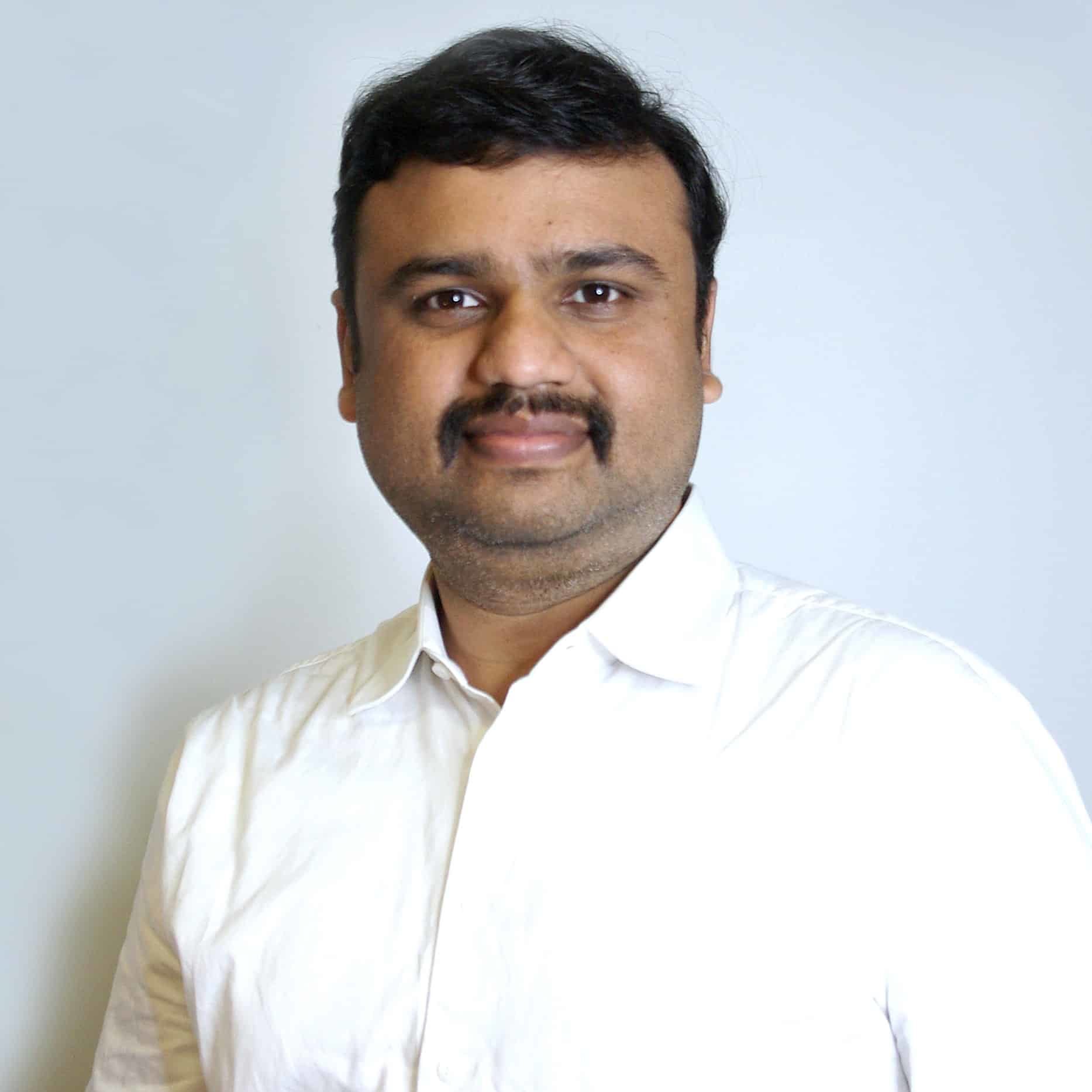
Dr. Mahaboobbatcha Aleem
Mahaboobbatcha Aleem is a Post-Doctoral Fellow in the Department of Electrical and Computer Engineering (@ASSIST) at North Carolina State University. His research focuses on developing wearable MEMS-based sensors for healthcare monitoring, with a strong emphasis on nanofabrication and advanced thin-film deposition techniques, including Atomic Layer Deposition (ALD) and Physical Vapor Deposition (PVD). His work leverages these state-of-the-art methodologies to innovate self-powered, energy-efficient systems for healthcare applications.
Mahaboobbatcha Aleem holds a Ph.D. in Physics from Anna University, India, with a specialization in materials science and nanotechnology. His professional experience includes significant contributions to inorganic solar cell technology, enhancing efficiency through advanced fabrication techniques. He has also played a key role in the design and testing of MEMS-based silicon nanowire biosensors and the development of superhydrophobic coatings for solar panels, leading to patents and industry certifications. His academic portfolio includes 15 research articles with over 400 citations, highlighting his impact in the fields of renewable energy, sensor technology, and sustainable materials.
With extensive expertise in cleanroom operations and advanced simulation tools like COMSOL, Aleem’s interdisciplinary approach drives innovation in inorganic solar cell technology, nanofabrication, and sustainable system design. His work continues to bridge the gap between cutting-edge research and practical applications in healthcare and energy sectors.
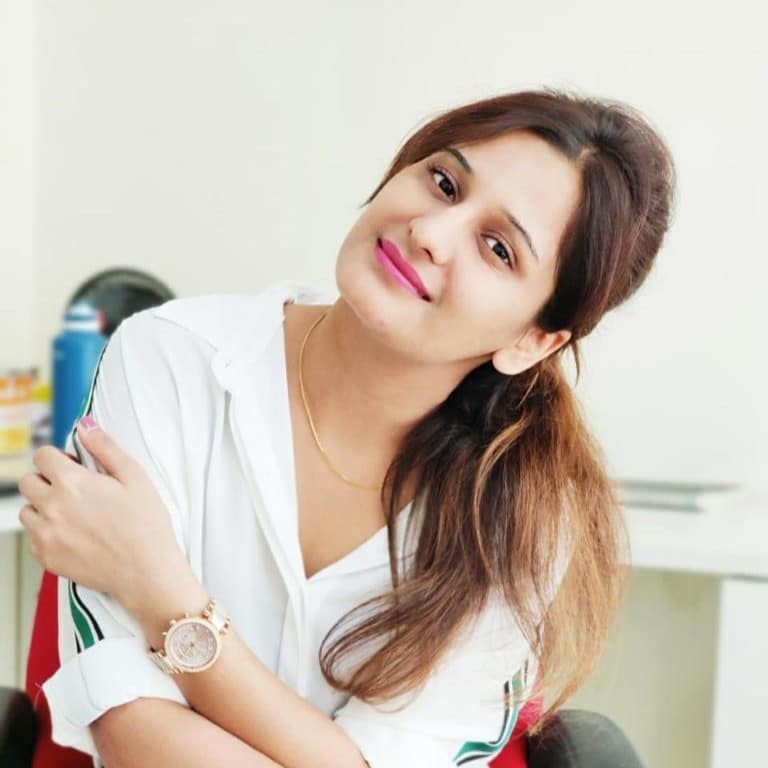
Dr. Swati Deswal
Swati Deswal is a Postdoctoral Research Scholar in the Department of Electrical and Computer Engineering (@ASSIST) at North Carolina State University. Her current research is centered on the development of electrospun polymer composites for energy harvesting applications, with a focus on wearable electronics.
Swati earned her Ph.D. in Chemistry from the Indian Institute of Science Education and Research (IISER) Pune, where her doctoral research was dedicated to the design, synthesis, and characterization of hybrid organic-inorganic ferroelectric materials for efficient mechanical energy harvesting. Following her doctoral studies, she served as a postdoctoral research scholar for a year at the University of Glasgow, UK, before joining NC State.
Swati has authored 12 high-impact research articles published in leading journals and contributed 1 book chapter to the field. Her academic journey has been marked by numerous accolades, including the DST Inspire Fellowship (2012-2015), awarded by the Department of Science and Technology, India, for her undergraduate studies. She also received the Academic Excellence Prize for achieving the highest grades during her Master’s program (2017), the IUCr Young Scientist Award (2018), and the Best Poster Award (2019).
She is also an Associate Member of the Royal Society of Chemistry. Swati’s work reflects her strong background in materials science and her contributions to advancing energy harvesting technologies.
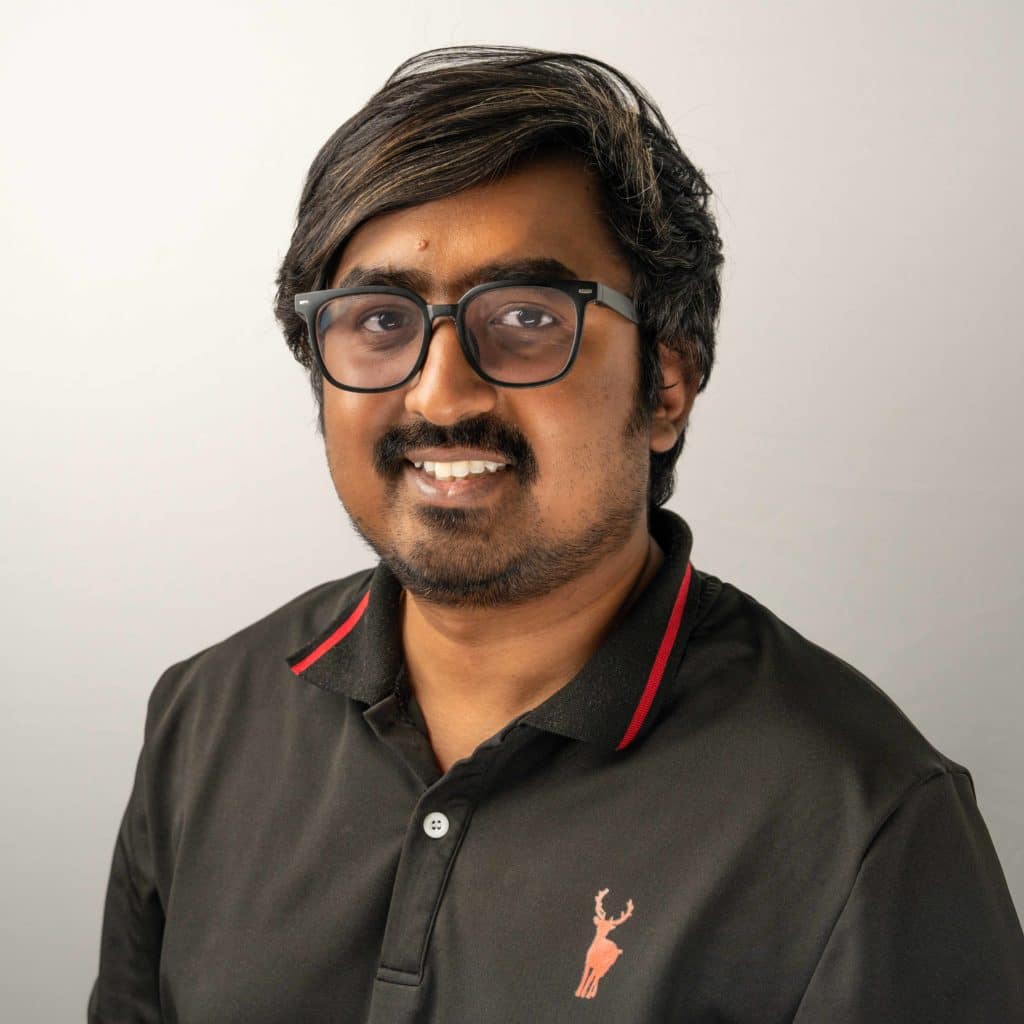
Dr. Emran Ashik (Lab Manager)
Ashik is a highly motivated Electrical Engineer dedicated to research and development of high-performance and reliable electronic devices designed for extreme environments. His research interests primarily focus on dielectric engineering for gate oxide and passivation of wide-bandgap semiconductors, including SiC, GaN, AlGaN/GaN, and GaO. Currently, he holds a postdoctoral research scholar position at the ECE Department of North Carolina State University. Ashik completed his Master’s degree in Electrical and Electronics Engineering in 2022 from NC State University and defended his Ph.D. dissertation in December 2023. He was born and raised in Dhaka, Bangladesh, where he pursued his education until obtaining his Bachelor of Science in Electrical and Electronics Engineering from Bangladesh University of Engineering and Technology. Ashik has published thirteen research articles, which have garnered a total of 201 citations. His h-index stands at five, while his i-index is four. He is passionate about advancing technological boundaries and contributing to innovative solutions that foster a sustainable future.
Graduate Students
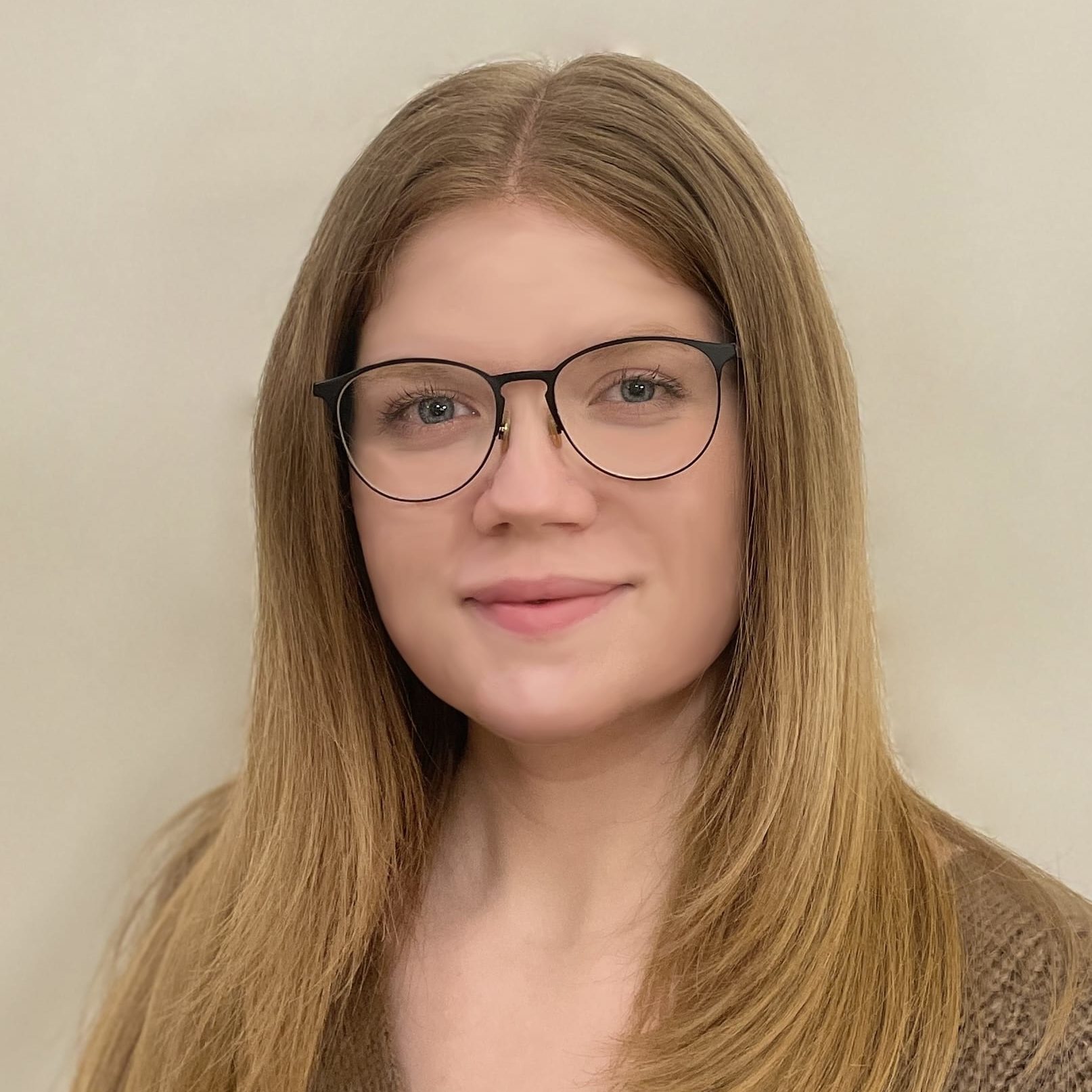
Anna Leonard
Anna Leonard is a Ph.D. student in the Department of Electrical and Computer Engineering at NC State University. She earned her Bachelor of Science in Materials Science and Engineering from NC State in Spring 2023 and joined the ASENDS research group in Spring 2024.
Leveraging her multidisciplinary background, Anna’s research focuses on advancing shortwave infrared organic photodetectors through integration with CMOS technology. Her work emphasizes layer optimization and electrical characterization to improve device performance and efficiency.
Undergraduate Students

Alumni
